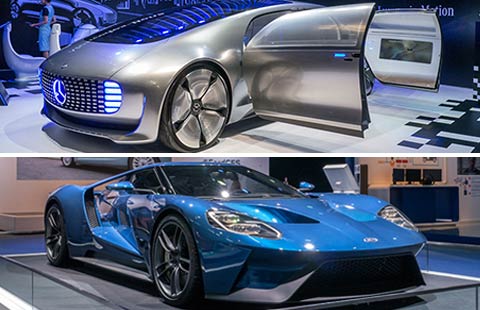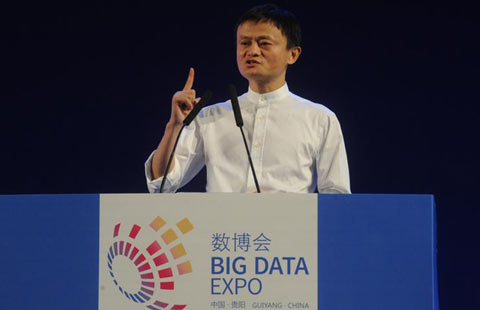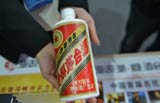Deutsche Bahn to expand procurement from China
By ZHU WENQIAN (China Daily) Updated: 2015-05-28 13:30Deutsche Bahn AG, one of the world's largest railway operators, is setting up a procurement office in China later this year to expand its pool of global suppliers and hunt for possible partners in Asian markets.
The Germany-based company has already signed a cooperation deal with Huawei Technologies Co Ltd, and included Taiyuan Heavy Industry Co into its qualified supplier group to provide carriage wheels and axles. Besides, it has also held discussions with State-owned train manufacturers CSR Corp and CNR Corp, with an eye on making them its potential suppliers.
"We would like to utilize our annual purchase budget of 9.2 billion euros ($10.04 billion) to source products from the global market. This will help us get the best quality, innovation and price for our products," said Heike Hanagarth, member of the management board for technology and environment at DB.
"We held discussions with CSR Corp and CNR Corp, or the CRRC after the merger. There is no doubt that it will be a railway giant. We hope to have long-term cooperation with it," Hanagarth said.
From 2015 to 2019, DB plans to renovate German railway infrastructures with subsidies of nearly 28 billion euros from the German government. The investment will be the largest in the railway sector in Germany since World War II.
By 2017, Taiyuan Heavy Industry Co will become the first Chinese supplier candidate of wheels and axles for DB, and will participate in the procurement bidding.
"We hope to become one of the suppliers for DB. This will be a positive development for us, as DB has stringent procurement standards," Wang Chao, director of foreign trade at Taiyuan Heavy Industry Co, said in an interview with the Economic Observer.
DB Schenker, a wholly owned subsidiary of the German firm that focuses on logistics, is developing the Eurasian Land Bridge as an alternative transport route between China and Europe.
The rail-based exchange of goods between China and Germany has seen rapid growth in recent years, with a growing number of trains traveling between Germany and China every week.
In 2014, DB Schenker achieved sales revenues of 44 million euros, 50 percent higher than in 2013. The railway company has decided to double the frequency of the weekly freight trains that run regularly between Germany and China. By the end of the year, the train will run three to four times a week in both directions.
From 2013 to 2014, the total number of containers transported between China and Europe doubled the volume transported between 2012 and 2013.
"I am very confident of the products made in China," said Uwe Gunther, chief procurement officer of DB. Gunther participated in the Shanghai maglev train project and said he was impressed by the punctual delivery of products by Chinese suppliers.
The Belt and Road Initiative is expected to boost logistics operations between China and Germany and enable exports of more high-quality products from China to Germany.
- China's Belt and Road Initiative to boost Turkey's economy: expert
- China to accelerate transport investment
- Hanergy Thin Film owner says talk of regulatory probe is 'purely rumor'
- China issues guideline for agricultural development
- Easier trade procedures to energize cooperation
- Pedal power helping to drive Internet innovation
- Making it big in China's Silicon Valley
- China's central bank to ward off financial risks: governor

















